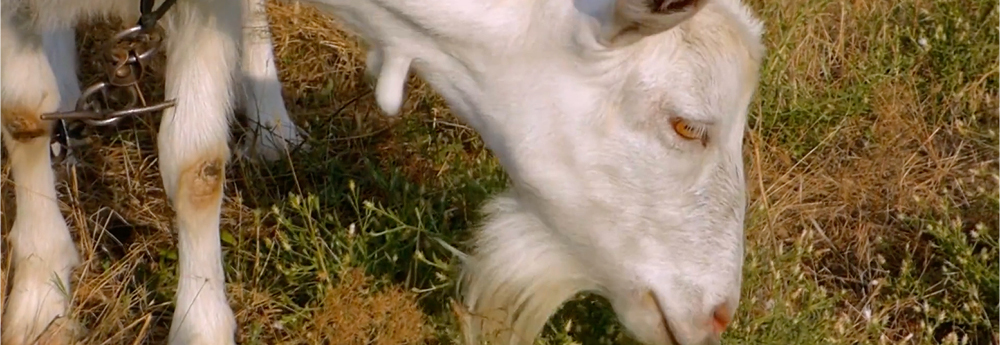
Let’s face the facts about Johne’s disease in goats in New Zealand – Johne’s disease is a significant concern and a major production-limiting disease of farmed goats worldwide.
Have any goats on your farm died after losing weight steadily? Did their condition worsen over a period of weeks or months but treatments such as anthelmintics, antibiotics, tonics and improved feeding have proven ineffective? Have you brought in stock from untested herds? Have your goats mixed freely amongst others at shows or events? If you answered yes to these questions, you could very well have Johne’s disease on your farm.
Most owners are taken by surprise when the infection is diagnosed, and learn too late that the infection has taken hold in multiple animals in the herd. The disease is chronic, progressive, contagious and widespread with no treatment and no cure. Goats, and young kids in particular, are acutely susceptible to infection with Johne’s bacteria through ingestion of the bugs from milk/colostrum or from contact with teats or other surfaces contaminated with faeces. Notably, goats are far less likely than other affected species to visibly scour (have diarrhoea) from Johne’s disease, so do not rely on this as a diagnostic indicator. Infected goats can appear healthy and live for years without any obvious outward indications whilst continuing to excrete bacteria and contaminate pasture.
Affected goats will exhibit weight loss and poor body condition scoring despite maintaining a good appetite and normal faecal appearance until the disease is in the very end stages and the animal is near death. Of course these signs are common to other conditions also, so the only way to know for sure is to test.
Watch our video that will explain more about Johne’s Disease and what kinds of signs to watch for if you suspect Johne’s disease in your goats.
DRL (Disease Research Limited) is an independent diagnostic laboratory, based in Dunedin NZ, which specialises in Johne’s disease testing and diagnosis. Dr. Rory O’Brien, Research Manager at DRL states that “in order to make progress it’s all about identifying and removing the shedders from your stock. The shedders (those that shed MAP bacteria and therefore spread the disease) contribute to the environmental contamination and the re-infection of young animals.”
DRL can test blood, milk or faecal samples for evidence of Johne’s disease and determine the shedding status of affected goats – to book a test and find out more, simply visit our Book a Test page.
Johne’s (“YO-knees”) disease is a fatal gastrointestinal disease of goats and other ruminants (including cattle, sheep, and deer) that is caused by the bacterium Mycobacterium avium subspecies paratuberculosis (MAP). Also known as paratuberculosis, this infection is contagious, which means it can spread quickly within your herd. The MAP organism is most commonly passed in the manure of infected animals. The infection usually spreads from adult goats to kids and occurs when a young animal swallows the organism via water, milk or feed that has been contaminated by manure from infected animals.
If you have any concerns or questions about your goats, feel free to email DRL or call 03 489 4832.
MAY 2023 HEIFER TESTING PROMOTION! Use Paralisa™ testing to detect subclinical Johne’s infections earlier*. After 3 years of research, including over 8,000 animals, we are now offering our combined Paralisa™ + absorbed ELISA testing for heifers 18 months and older. Ask your animal health provider about incorporating DRL’s Paralisa™ …[Read more]
DRL is an industry leader in diagnostic services for Johne’s disease in New Zealand, and the inhouse Johne’s diagnostic tool, the Paralisa™ test, has proven its strength in combination with commercially available ELISA tests. Increasing test sensitivity allows farmers to identify animals in the earlier states of disesase (subclinical), and …[Read more]
Our faecal PCR test hallmark of quality. Every year, the DRL laboratory participates in blinded proficiency panel testing for Johne’s disease, administered through the US National Veterinary Services Laboratory, Ames, Iowa as part of an ongoing international accreditation programme for diagnostic laboratories. These proficiency panels include serum, milk and faecal …[Read more]